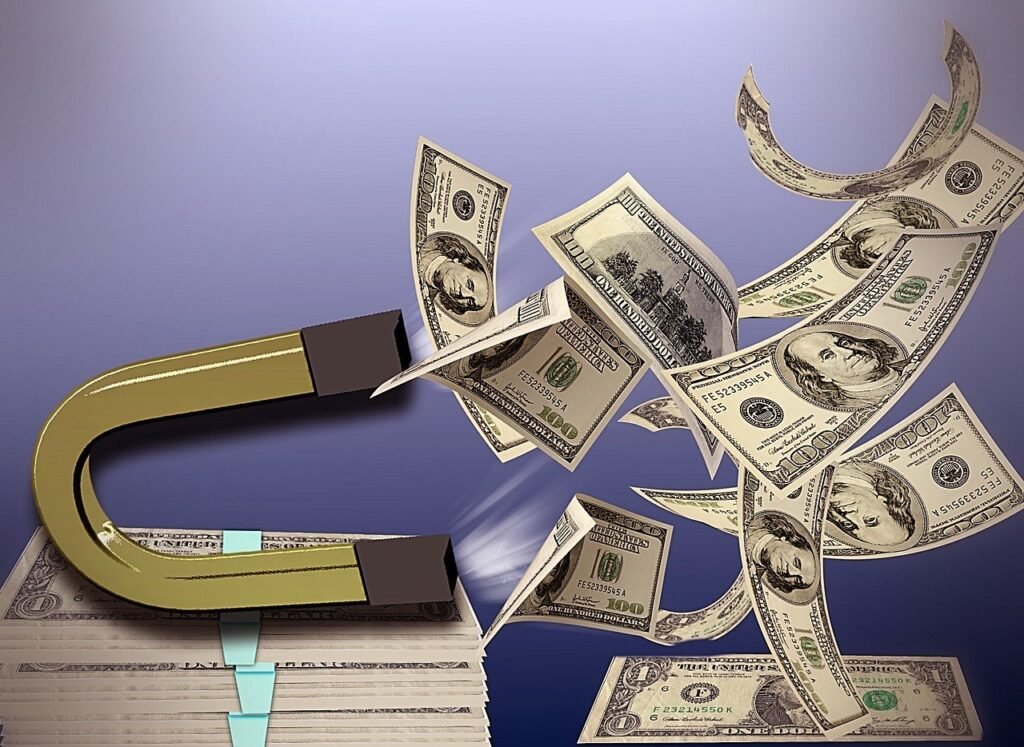The way the value of the currency is calculated

Currency value is typically determined by the foreign exchange market, where currencies are bought and sold. The value of a currency relative to another currency is determined by various factors, including:
Supply and demand: The interaction between buyers and sellers in the foreign exchange market influences currency value. If there is high demand for a currency, its value tends to increase, while increased supply can cause its value to decrease.
Economic factors: Economic indicators such as interest rates, inflation rates, GDP growth, trade balances, and employment levels can impact currency value. Positive economic performance and favorable economic indicators often lead to currency appreciation.
Political stability: Political stability or instability in a country can affect the value of its currency. Currencies of politically stable countries are generally more attractive to investors, leading to higher demand and value.
Market sentiment and investor confidence: Market participants’ perceptions and expectations about a country’s economic and political conditions can influence currency value. Positive sentiment and investor confidence can drive up a currency’s value, while negative sentiment can lead to depreciation.
Central bank policies: Actions and decisions of central banks, such as changes in interest rates or monetary policy, can impact currency value. For example, a central bank raising interest rates may attract foreign investors, strengthening the currency.
Trade and capital flows: International trade and capital flows also affect currency value. Countries with trade surpluses (exporting more than importing) generally have stronger currencies, while countries with trade deficits may experience currency depreciation.
It’s important to note that currency value is often relative, as exchange rates are quoted as the value of one currency against another. Exchange rates can fluctuate frequently in response to changing economic and market conditions. Governments and central banks may also intervene in the foreign exchange market to influence their currency’s value through measures like buying or selling currencies or implementing exchange rate policies.

